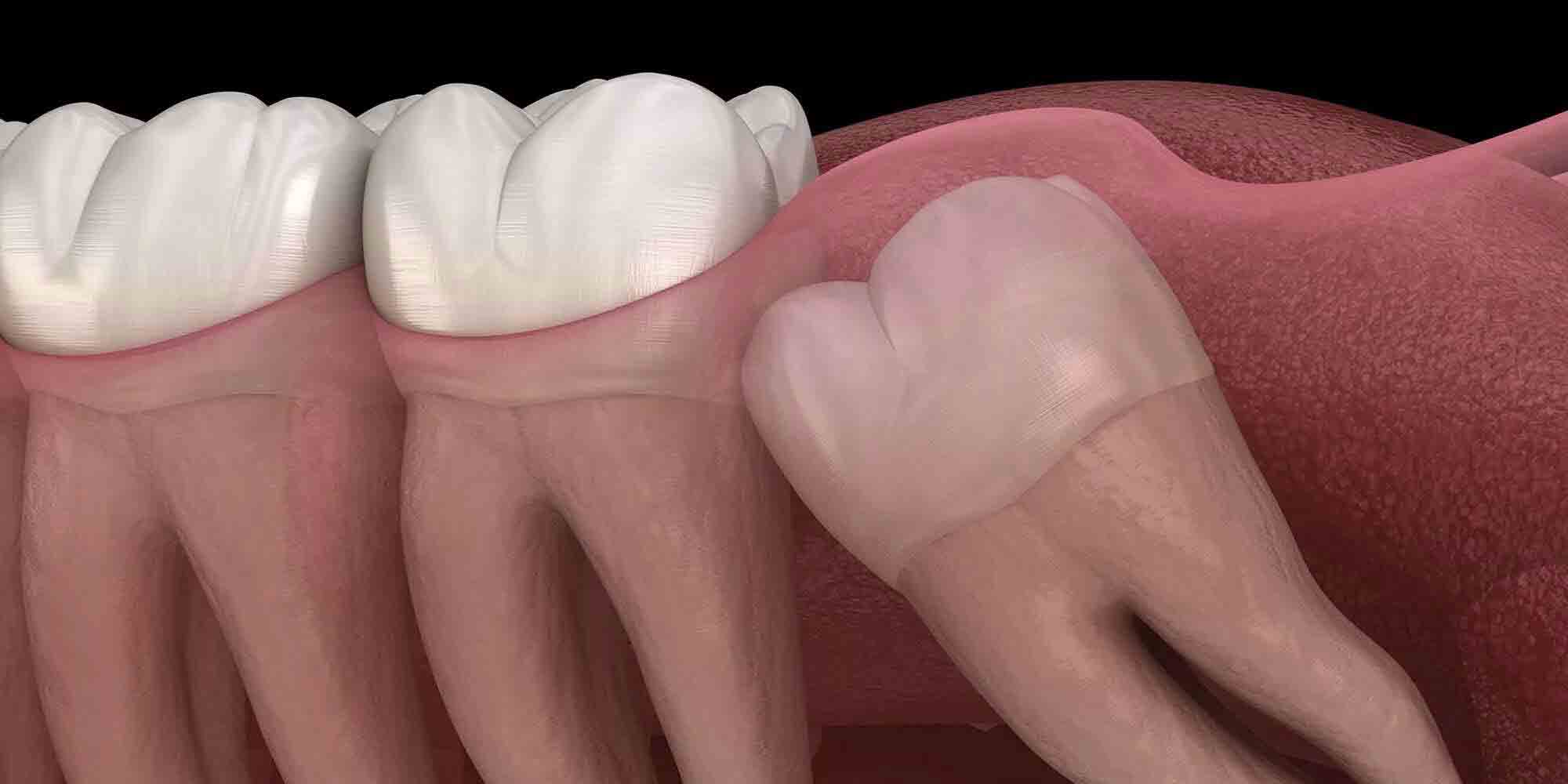Understanding Wisdom Teeth: When and Why They Need Removal
Wisdom teeth, also known as third molars, are the latecomers to the dental scene, emerging typically in the late teens to early twenties. These teeth, once considered valuable assets for our ancestors, aiding in the chewing of rough, coarse foods, have now become more of a dental conundrum for modern humans. Understanding when and why wisdom teeth require removal is crucial for maintaining oral health and preventing potential complications.
What Are Wisdom Teeth?
Wisdom teeth are the final set of molars to erupt in the back corners of the mouth. Most adults have four wisdom teeth, one in each corner, but it’s not uncommon for some to have fewer or even none at all. Their late arrival often poses challenges due to limited space in the jaw, leading to various issues requiring intervention.
When Do Wisdom Teeth Typically Emerge?
Wisdom teeth typically make their debut between the ages of 17 and 25, though this timeframe can vary from person to person. The eruption process can be accompanied by discomfort, pain, and even swelling, indicating that it’s time to consult a dentist for evaluation.
Why Removal May Be Necessary
- Impaction: One of the most common reasons for wisdom teeth removal is impaction. When there isn’t enough space in the jaw for the teeth to emerge fully, they may become trapped or impacted within the gum tissue or jawbone. This can lead to pain, infection, and damage to adjacent teeth.
- Crowding: Even if wisdom teeth manage to emerge partially, they can still cause crowding issues, pushing existing teeth out of alignment. This misalignment can jeopardize the effectiveness of orthodontic treatments and lead to bite problems.
- Infection: The location of wisdom teeth, tucked away at the back of the mouth, makes them susceptible to bacterial buildup and infection. This can result in gum disease, tooth decay, and even cyst formation around the impacted tooth.
- Cysts and Tumors: In rare cases, the sacs that surround impacted wisdom teeth can become filled with fluid, forming cysts. If left untreated, these cysts can damage surrounding teeth, nerves, and bone, sometimes even leading to the development of tumors.
The Importance of Timely Intervention
Early detection of potential issues related to wisdom teeth is key to preventing complications. Regular dental check-ups and X-rays can help monitor the development and positioning of wisdom teeth, enabling timely intervention when necessary.
The Removal Process
Wisdom teeth removal, also known as extraction, is a common dental procedure performed by oral surgeons or dentists. The procedure is typically done under local anesthesia, though sedation options may be available for anxious patients. Depending on the complexity of the case, the teeth may be removed individually or all at once.
Conclusion
Understanding the nuances of wisdom teeth and recognizing the signs indicating the need for removal is vital for maintaining optimal oral health. Whether it’s due to impaction, crowding, infection, or other complications, timely intervention can prevent discomfort, mitigate risks, and preserve the integrity of your smile. If you suspect issues … Read the rest
Read more


